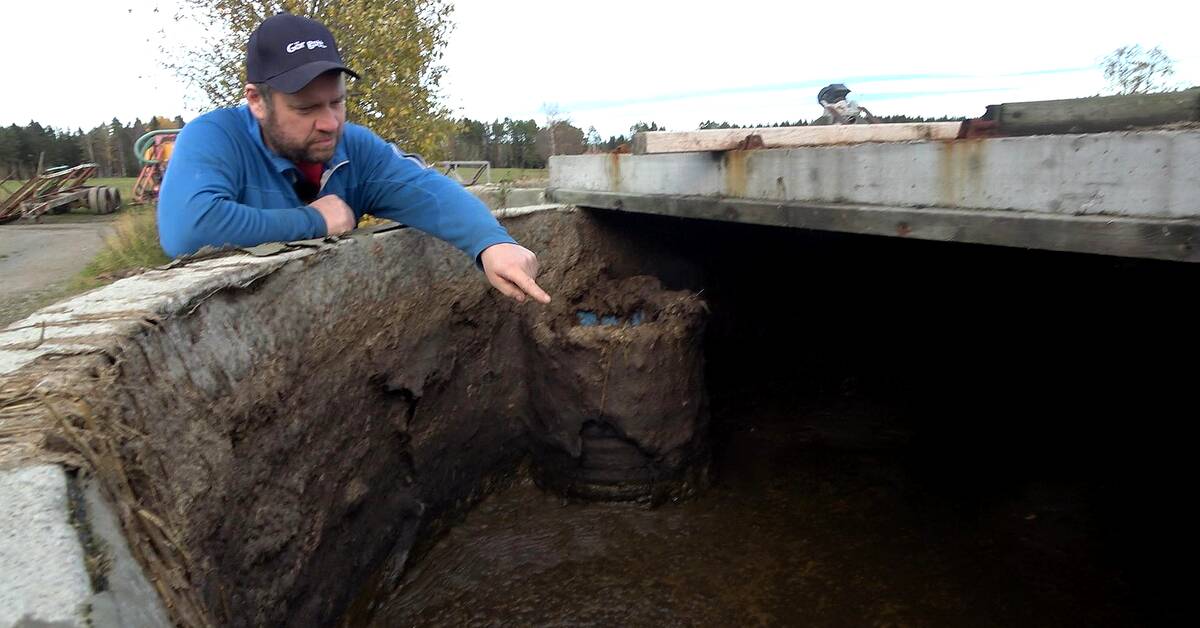On the farm in Haxäng, there are approximately 120 dairy animals and 130 young animals.
There is also a biogas plant here that converts all cow waste into heat and electricity.
- We are completely self-sufficient in heating, says Simon Sundell.
The plant also contributes to a lot of electricity.
- So far this year, we have made approximately 60,000 kilowatt hours of electricity, he says.
Can you handle it?
- No, we get rid of approximately 200,000 kilowatt-hours.
But we do a third ourselves and that's good, I think.
144 applications this year
The Sundell family is not alone in wanting to make use of the cows' pee and poo.
Those who want to make a green transition can apply for investment support from Klimatklivet, which is administered by the Swedish Environmental Protection Agency.
Since 2015, Klimatklivet has received 181 applications from farmers in Sweden who want to produce biogas.
144 of those applications have come in this year.
- Yes, it's incredibly fun.
It shows that agriculture responds to the social needs that exist and wants to make climate changes, says Carl Mikael Strauss, who is unit manager at Kimatklivet industrin.
On the farm in Haxäng, the Sundell family believes that rising electricity prices have also contributed to the increase in applications.
In addition, both the pandemic and the war in Ukraine have shown how vulnerable agriculture is when, for example, transport from other countries has problems delivering fertilizer and concentrate.
Also want to make my own concentrate
Therefore, the family has now also started experimenting with growing their own protein.
- So we don't have to buy our own concentrate, says Magdalena Sundell.
Is it expensive?
- Yes, you can safely say that.
It has become almost twice as expensive as when we started in 2018, she says and continues:
- If you look at the outside world, I think we have to make sure that we in Sweden manage, both in terms of food for our animals but also for ourselves.

